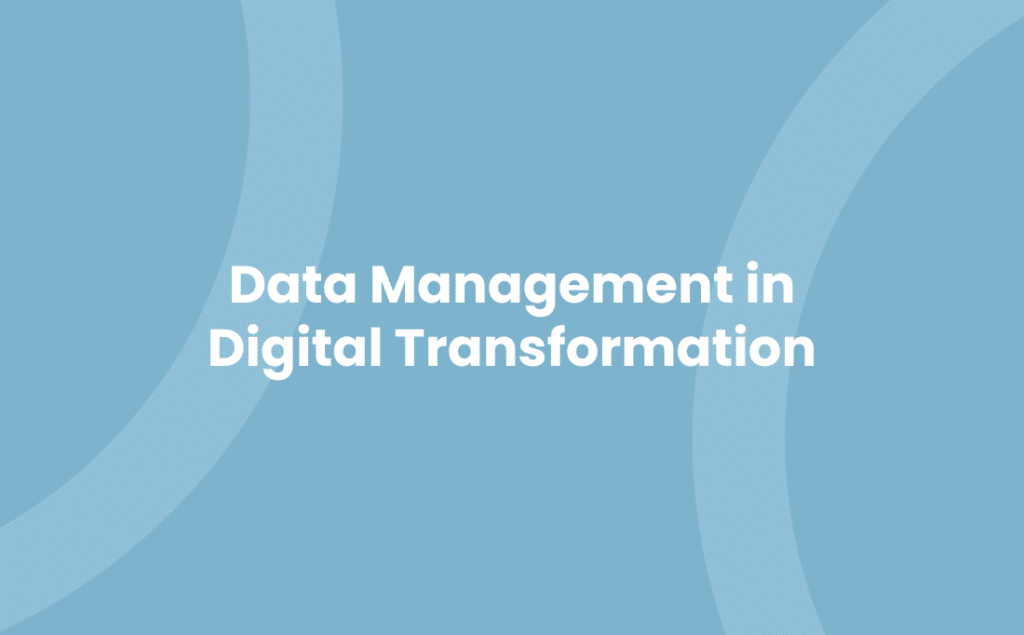In the digital age, data management digital transformation is no longer a luxury — it’s a necessity. Effective data management isn’t just a back-end task; it’s a strategic driver that fuels the entire transformation process. With the right framework, businesses can convert raw data into actionable insights that support innovation, agility, and growth.
However, achieving successful data management digital transformation requires more than technology. It demands a deep understanding of data governance principles, modern platforms, and cultural alignment. In this article, we’ll explore how managing data plays a critical role in digital transformation and why it’s essential to get it right.
Whether you’re a seasoned IT leader or just beginning your digital journey, this guide will help you uncover the immense value of integrated data management within your transformation strategy.
What Is Data Management Digital Transformation?
Data management digital transformation refers to the strategic integration of data handling processes into the broader transformation of business systems, models, and customer experiences. It’s about aligning data collection, governance, and analytics with digital goals to ensure efficiency, insight, and resilience.
Digital transformation without effective data management is like trying to steer a ship with no compass. From customer service to logistics, marketing to product development, intelligent data use underpins every digital initiative.
For instance, companies like Uber and Amazon thrive not simply due to their technology platforms, but because of their masterful command of data — knowing what to collect, how to interpret it, and when to act on it.
The Backbone of Transformation: Managing Your Data
A cornerstone of any successful digital transformation is strong data management. This includes everything from:
- Collecting clean, relevant data
- Storing it securely
- Organising it efficiently
- Analysing it in real time
- Making it available across teams and systems
Data management digital transformation ensures that information flows freely yet securely, powering smarter decision-making and improved operational agility.
Without this foundation, businesses risk basing decisions on outdated or inaccurate data — a costly mistake in today’s competitive landscape.
The Benefits of Integrated Data Management
When integrated properly, data management digital transformation unlocks several key benefits:
- Improved decision-making: Real-time analytics and dashboards enable leaders to make data-driven choices.
- Operational efficiency: Automating data processes reduces human error and speeds up workflows.
- Customer insights: A unified data view across departments gives businesses a 360-degree view of the customer journey.
- Scalability: Cloud-based data platforms support growing data needs and evolving business models.
- Regulatory compliance: Robust governance frameworks ensure data accuracy and privacy.
The result? A business that is smarter, faster, and more adaptive to market shifts.
Tools and Techniques That Power Transformation
No data management digital transformation effort can succeed without the right tools. Modern platforms offer powerful features such as:
- Centralised data lakes and warehouses
- AI-powered analytics for predictive insights
- Data quality tools for cleansing and validation
- Data governance frameworks for compliance and control
By investing in these technologies and aligning them with business strategy, companies can ensure that their data assets fuel transformation — not hinder it.


